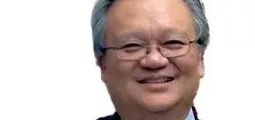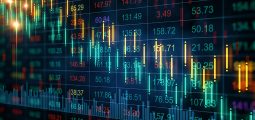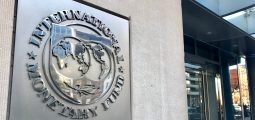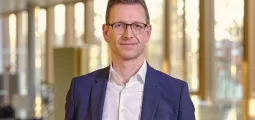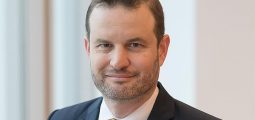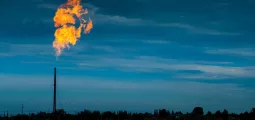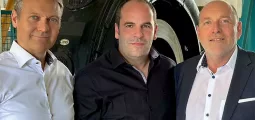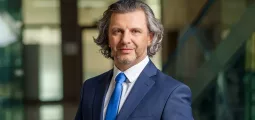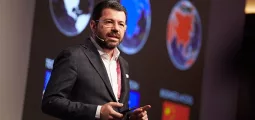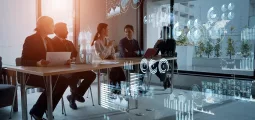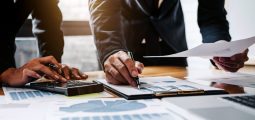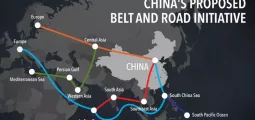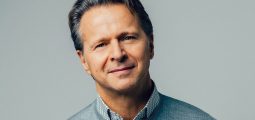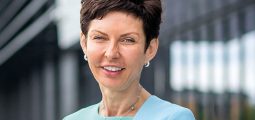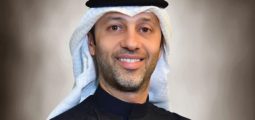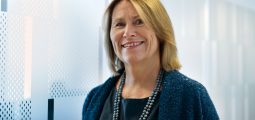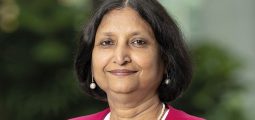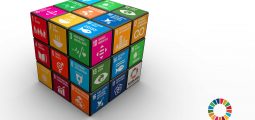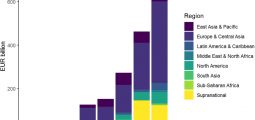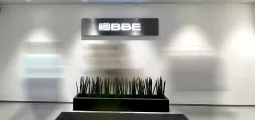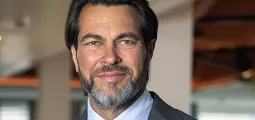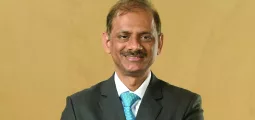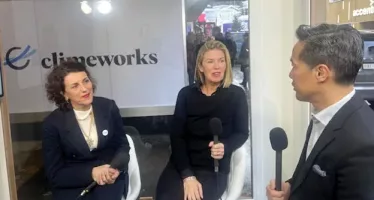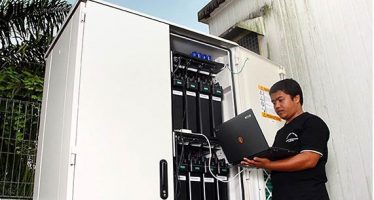Sustainable Stock Exchanges – A Conversation with Nasdaq Vice-Chairperson: Sandy Frucher

Sandy Frucher
What is the sustainable stock exchange movement?
When we talk about the sustainable stock exchanges project specifically, we’re talking about a UN-based project that has been in the works for several years now. This initiative aims to explore how exchanges can work together with investors, regulators, and companies to enhance corporate transparency, and ultimately performance, on ESG (environmental, social and corporate governance) issues and encourage responsible long-term approaches to investment.
But there’s another parallel – but no less global – effort going on as well. The Sustainability Working Group (SWG) investigates the material need (if any) for exchanges to seek, standardise, and/or publish environmental, social, and corporate governance (ESG) data. Through careful analysis of existing data forms and reporting frameworks, group members seek to understand the real impacts, both positive and negative, on our business. Furthermore, the SWG reflects upon the role of exchanges in the formation and sustenance of a fair, open, and transparent economy – and the proper leverage that exchanges may exert in promoting more sustainable business models.
How many exchanges are involved?
The UN SSE project started with five founding members: NASDAQ, BM&F BOVESPA in Brazil, Borsa Istanbul, the Johannesburg Stock Exchange, and the Egyptian Exchange. It has since grown to include eleven others, including Deutsche Börse, NYSE (now ICE), Kingston (Jamaica), Bombay, Bogotá, Lima, London, Mexico City, Lagos, Bangkok, and Warsaw.
Evan Harvey of NASDAQ chairs the WFE sustainability working group, with Corli LeRoux of the Johannesburg Stock Exchange as the vice-chair. Other participants include Brazil, both the Bombay and the National Stock Exchange of India, Istanbul, Malaysia, Deutsche Börse, Egypt, NYSE/ICE, Japan, Mauritius, Shenzhen, Singapore, and Toronto. We also have other kinds of exchanges in the mix, like CBOE (Chicago Board Options Exchange) and CME (Chicago Mercantile Exchange), which broadens the scope of our work.
Can you give us an update on progress? What are the latest developments?
At the WFE (World Federation of Exchanges) annual meeting in Seoul, Korea in October, we presented a chairperson’s statement and draft working group guidance to the WFE working committee, including original research illustrating the current state of exchange ESG reporting. I was elected to another 3-year term on the WFE Board of Directors. Juan Pablo Córdoba, CEO of the Colombia Exchange, was elected Chairman. Bahrain Bourse, Euronext, the Nigerian Stock Exchange, and BATS (Better Alternative Trading System, in Lenexa, Kansas) were also confirmed for WFE membership.
On a WFE panel discussion with IOSCO Secretary General David Wright, I made my case for the materiality of sustainability (or ESG) metrics. I honestly believe that some of these indicators – the way we consume or preserve carbon and other resources, for example – are absolutely indicative of long-term strategy and viability. Investors want this data. They would be better informed by it, and thus more willing and able to make long-term investments. I was pleased to hear that Mr Wright seemed to agree with me on this point. We’ll see if IOSCO will get involved, but I hope they do.
Why are exchanges getting involved?
Exchanges are in a unique position. We have a unique relationship with the markets we make and the companies that list with us. It is regulatory, certainly, and exchanges bear the burden of representing investor interests as vigorously (perhaps even more vigorously) than those of our stockholders or stakeholders. But we also have business relationships with these companies. In a real sense, we are partners, and we want these companies to succeed, thrive, and list on the market for many years to come. So how can we help to accomplish that? By demonstrating the value of best practices, and even requiring companies to behave in certain ways.
What can exchanges do to drive change?
There’s a range of mechanisms available to exchanges. They could petition the government or their local regulator for a rule change, create their own listing rule, separate companies into higher and lower performance tiers, provide best practices guidance, and so on. Many exchanges, including NASDAQ, already offer expertise and guidance to their listed companies about the value, purpose, and structure of ESG disclosures. If asked, we will connect CEOs with expert NGO partners, so that progress may continue.
What is the downside? Are there risks associated with this project?
We really need to find global consensus on these issues. If every exchange believes that ESG metrics are material disclosures, then virtually every public company in the world will disclose ESG metrics. It’s that simple. There are very few exchanges that would unilaterally mandate change. The true pioneers in our industry – South Africa, Brazil, and now many of the Asian markets – decided to move forward anyway, just because they believed it was the right thing to do.
Why did you get involved in this? Does the project resonate with your personal beliefs or values?
First and foremost, I absolutely believe that this is the best thing not only for our business, but for the general health of the markets. But yes, I also have a deep and longstanding commitment to some of the key ideas here: Environmental protection, economic empowerment, fair and efficient business practices, market transparency, and so on. I believe that investors have the right to know much more about the companies they invest in. Exchanges are essential in this struggle. In some ways, we have to rebrand ourselves as economic engines for good – which is what we aspire to be.
What is the future? Where is this movement headed?
The status quo will not suffice. Our planet is in peril, and the residual consequences of climate change, resource scarcity, and economic inequity will wreak havoc. Even the most robust and redundant systems can fail, especially if you’re willing to accept bad data or indulge bad judgment. As leaders, we have both the right and the responsibility to observe new evidence, revise our opinions, and create a better future. A few simple changes to our corporate disclosure rules, to our evolving interpretation of materiality, to the way we run our boardrooms and fill our break rooms – can help create a fair, sustainable, and inclusive market.
You may have an interest in also reading…
Looking for a Fig Leaf: US & UK Mull Punitive Action against Syria
Here we go again. The US and Britain are whipping themselves once more into a frenzy over the actions of
The Women’s Brain Project Takes the World Economic Forum 2024 Stage
The Women’s Brain Project (WBP) announces the creation of its new Foundation to support the world’s first Research Institute for
IFC: Energy Storage Can Open Doors to Clean Energy Solutions in Emerging Markets
For more than a hundred years, electrical grids have been built with the assumption that electricity has to be generated,




